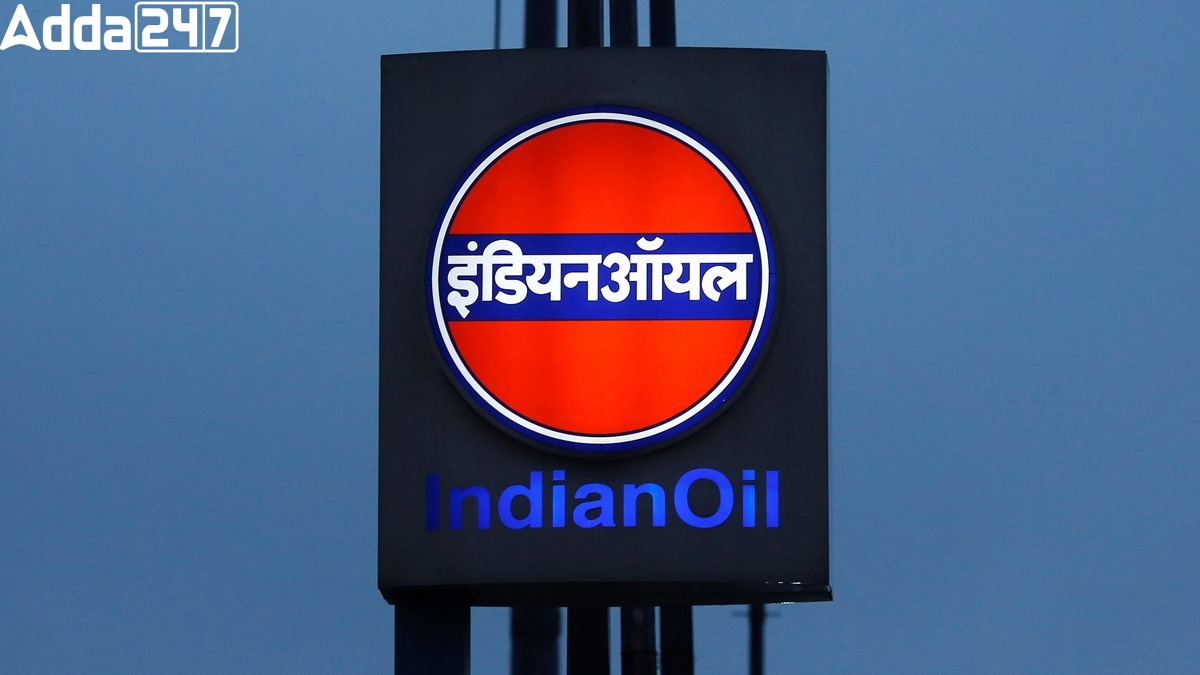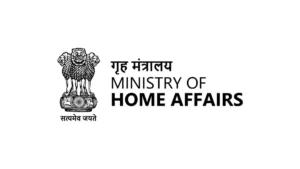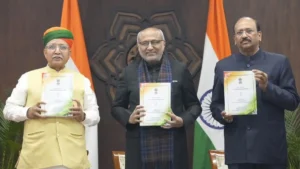Indian Oil Corporation Ltd. (IOCL) has collaborated with Panasonic Energy to establish a joint venture aimed at producing lithium-ion cells in India. This strategic partnership comes in response to the anticipated surge in demand for electric vehicles (EVs) and energy storage solutions within the country.
Key points
Initial Understanding to Joint Venture: The collaboration follows an initial understanding between IOCL and Panasonic in January regarding lithium-ion cell production.
Objective: The joint venture aims to capitalize on India’s ambitious target of achieving net-zero greenhouse gas emissions by 2070 and support the transition to sustainable mobility and energy solutions.
Significance of Lithium-ion Batteries: Lithium-ion batteries serve as critical components in EVs and renewable energy storage systems, making them indispensable for India’s clean energy goals.
Projected EV Sales and Demand: India targets selling over 10 million EVs annually by 2030, as per the Indian government’s Economic Survey, driving a substantial increase in demand for lithium-ion batteries.
Utilizing Expertise and Resources: The partnership leverages IOCL’s extensive refining and distribution capabilities along with Panasonic’s battery technology expertise.
Location and Production Capacity: Details regarding the location and production capacity of the lithium-ion battery plant are yet to be disclosed.
Impact on Carbon Footprint and Clean Energy Adoption: The collaboration is expected to make a significant contribution to India’s efforts in reducing its carbon footprint and promoting the adoption of clean energy technologies.
India’s Lithium Reserves Discovery
Discovery by Geological Survey of India (GSI): The GSI recently identified significant lithium reserves of 5.9 million tonnes in the Salal-Haimana region of the Reasi district in Jammu and Kashmir (J&K), as well as in Revant Hill of Degana, Nagaur of Rajasthan.
Current Import Dependency: India currently heavily relies on imports for all major components required for lithium-ion cell manufacturing, spending approximately US$ 20.64 million on lithium-based imports in the first eight months of FY 2022-23.
Expected Decrease in Import Dependency: The discovery of lithium reserves in the Reasi district is anticipated to substantially reduce India’s dependence on lithium imports, thereby enhancing the country’s self-sufficiency in this critical area.




 Big Change at Rashtrapati Bhavan! Lutyen...
Big Change at Rashtrapati Bhavan! Lutyen...
 India Launches ‘Prahaar’: New National C...
India Launches ‘Prahaar’: New National C...
 Vice-President Launches Tamil & Guja...
Vice-President Launches Tamil & Guja...








